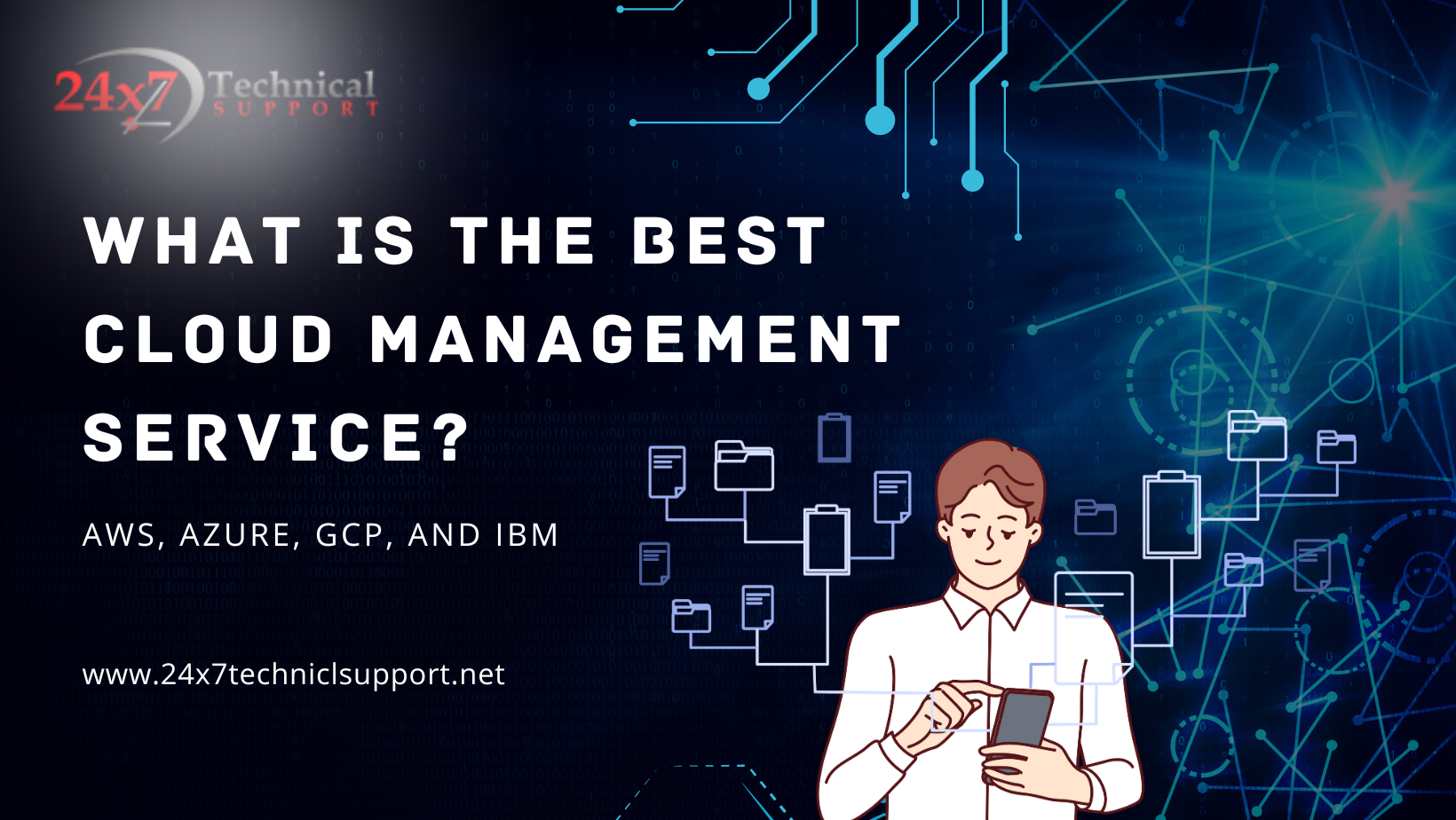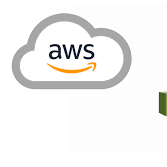
In the fast-paced digital landscape, businesses are increasingly relying on cloud management services to streamline their operations and enhance efficiency. But with a plethora of options available, choosing the right cloud management service can be a daunting task. In this article, we’ll delve into the intricacies of cloud management, compare the top services in 2023, explore key features, and discuss the future trends shaping this dynamic industry.
I. Introduction
A. Definition of Cloud Management Service
Cloud management services refer to the tools and solutions that help businesses oversee and optimize their cloud infrastructure. These services play a crucial role in managing resources, ensuring security, and enhancing overall performance.
B. Importance in Modern Business
In today’s business landscape, where agility and scalability are paramount, effective cloud management is the linchpin for success. It allows organizations to adapt to changing demands, foster innovation, and maintain a competitive edge.

II. Key Features to Look for
A. Scalability
One of the defining features of a robust cloud management service is its scalability. Businesses should opt for services that can seamlessly scale resources up or down based on their needs, ensuring optimal performance without unnecessary costs.
B. Security Measures
Security is a top concern for businesses migrating to the cloud. A reliable cloud management service should offer robust security measures, including encryption, access controls, and regular audits to ensure data integrity.
C. Integration Capabilities
Compatibility with existing systems is crucial. The best cloud management services seamlessly integrate with various applications, databases, and tools, providing a cohesive ecosystem for smooth operations.
D. User-Friendly Interface
A user-friendly interface enhances user adoption and reduces the learning curve. An intuitive dashboard, easy navigation, and comprehensive reporting are essential elements to look for in a cloud management service.
III. Top Cloud Management Services in 2023
A. Amazon Web Services (AWS)
As a pioneer in cloud computing, AWS continues to dominate the market with a vast array of services, global reach, and a pay-as-you-go pricing model.
B. Microsoft Azure
Azure stands out for its integration with Microsoft products, hybrid cloud solutions, and robust AI capabilities, making it a preferred choice for businesses.
C. Google Cloud Platform (GCP)
Known for its data analytics and machine learning services, GCP is gaining traction, particularly among businesses with a focus on data-driven decision-making.
D. IBM Cloud
IBM Cloud offers a hybrid approach, combining public and private cloud solutions. Its emphasis on security and enterprise-grade services makes it a contender in the cloud management space.

IV. Comparison of Features
A. Cost-effectiveness
While AWS boasts a pay-as-you-go model, Azure and GCP offer competitive pricing plans. Understanding the specific needs of your business is crucial to determining cost-effectiveness.
B. Performance
The performance of a cloud management service is influenced by factors like server locations, data center infrastructure, and network capabilities. Businesses should choose a service that aligns with their performance requirements.
C. Flexibility
Flexibility in terms of services offered and deployment options is a key consideration. AWS, Azure, GCP, and IBM Cloud each have their unique strengths, catering to different business requirements.
D. Customer Support
Reliable customer support is vital in the ever-evolving landscape of cloud services. Assessing the responsiveness and expertise of customer support teams can be a decisive factor.
V. FAQs
A. How secure are cloud management services?
Cloud management services prioritize security, employing robust encryption, access controls, and regular audits to ensure data safety.
B. Can small businesses benefit from cloud management?
Absolutely. Cloud management services offer scalability and cost-effectiveness, making them valuable for small businesses aiming for growth.
C. What sets apart AWS, Azure, and GCP?
Each has unique strengths. AWS excels in service diversity, Azure integrates well with Microsoft products, and GCP is renowned for data analytics and machine learning.
D. How does cloud management contribute to sustainability?
Cloud management services often optimize resource usage, contributing to energy efficiency and reduced environmental impact.
E. Are there risks associated with migrating to the cloud?
While risks exist, proper planning, security measures, and choosing a reliable provider mitigate potential challenges.